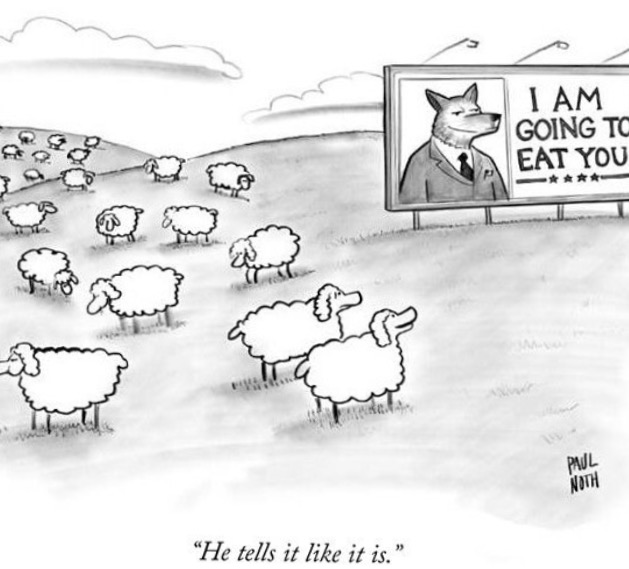In this world, a number of intelligent, sapient creatures exist. They do not have especially complex societies or technology; they live as hunter-gatherers and nomads.
The predator species isn't completely solitary. They live alone unless they have young to look after. Predators hold meetings at certain times of the year to conduct rudimentary trade, find a mate, and so on. Communication is done out-of-person by leaving messages in designated spots, which predators may check from time to time. Mothers will teach skills such as tool use and hunting to their children.
The problem is that the predators are obligate carnivores, and they've got to eat the other species, which are equally intelligent and sapient. The carnivores respect their living prey and have rules to prevent excess killing. They preserve meat in order to kill less often. But they've still got to kill members of the other species somehow.
Tigers have to kill at least once every two weeks. Let's say that with meat preservation, these intelligent carnivores can stretch that out to four weeks. Even with that lowered kill rate, why wouldn't the preyed-on species have any enmity or distrust towards the predator species?

